Keywords: Public Services
There are more than 200 results, only the first 200 are displayed here.
-
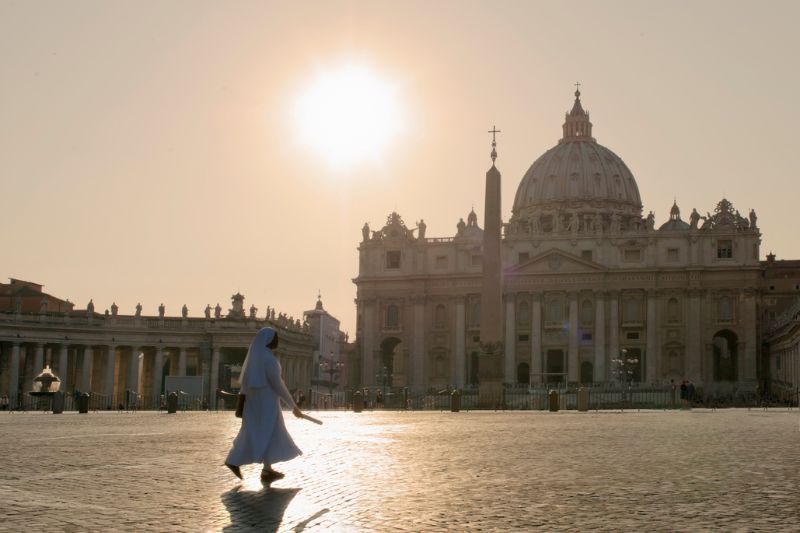
RELIGION
- Paul Collins
- 28 June 2022
7 Comments
A basic principle was laid down in the pope’s recent Apostolic Constitution entitled Praedicate evangelium that is profoundly important with far-reaching consequences for the whole church. This principle states that any baptised Catholic ‘can preside over a dicastery,’ that is run a Vatican department. Previously only ordained clerics could do this.
READ MORE 
-
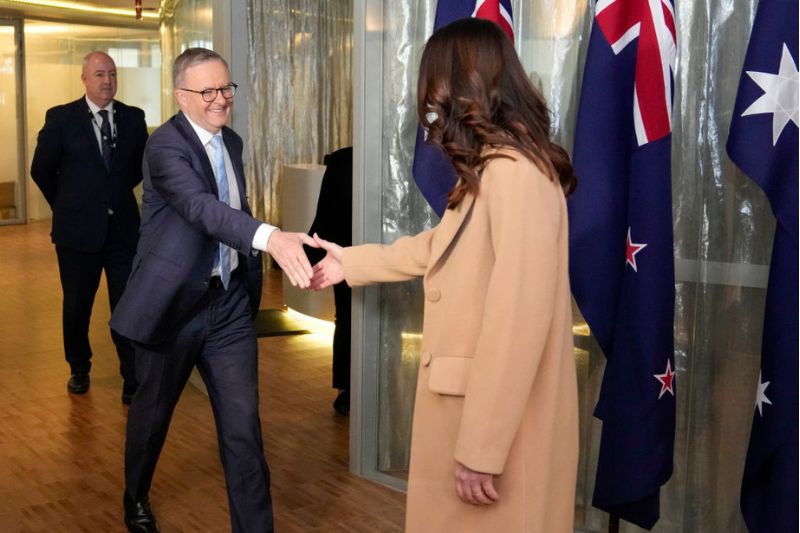
AUSTRALIA
- Andrew Hamilton
- 23 June 2022
7 Comments
Since the Federal Election one of the most refreshing features has been the new Prime Minister’s connection with people. Whether it is shown by riding a bamboo bicycle with the Indonesian President, expressing sympathy for the Nadesilingam family for their prolonged ordeal before returning to Biloela or agreeing with Jacinda Ardern, herself a model of public empathy, about the unreasonableness of expelling to New Zealand people who had never lived there, his actions displayed a readiness to listen and to enter the experience of other people.
READ MORE 
-

RELIGION
- Geraldine Doogue, Greg Craven, John Warhurst, Julian Butler
- 17 June 2022
3 Comments
After four years, the Fifth Plenary Council of Australia is nearly at a close with the second and final assembly in July. So what has been the significance of the Plenary Council so far, and what can we expect from the final session? In this Roundtable, Geraldine Doogue, John Warhurst, Greg Craven and Julian Butler reveal their hopes and expectations for the process and discuss likely outcomes.
READ MORE 
-

AUSTRALIA
- Andrew Hamilton
- 16 June 2022
After the Election media focus has now switched from the fresh personalities and style of the new Government to the difficulties that face it. These include the financial pressures created by heavy debt and inflation, the constraints imposed by pledges made before the election, an energy crisis, international conflicts and their effects on trade, and differences within the Party. Faced by such challenges the Government is unlikely to be able to fulfil its promises and its supporters’ hopes.
READ MORE 
-
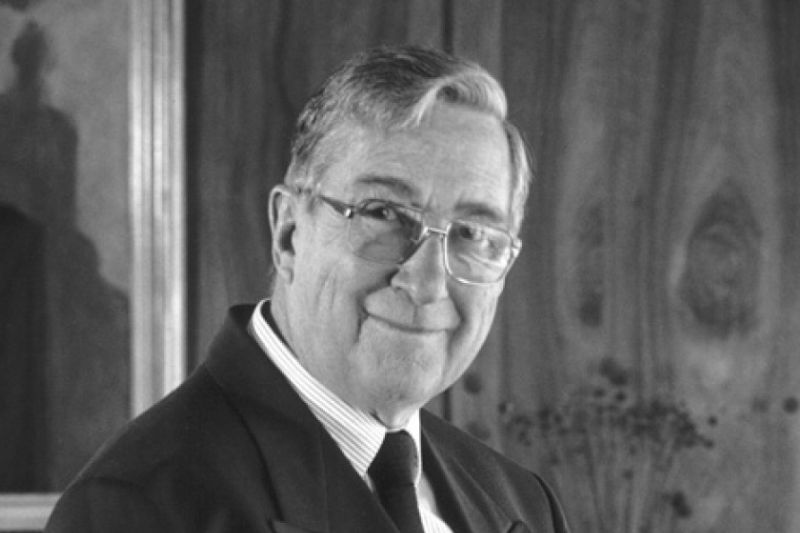
AUSTRALIA
- Michael Kelly
- 16 June 2022
3 Comments
The Court in Mabo, where Brennan J led majority, put an end to the notion of Terra Nullius, by which the British could claim that land in Australia was ripe for the picking because it belonged to no one, and opened the claims to land ownership to a much wider group including the traditional owners. The follow-up judgement in Wik took that understanding even further.
READ MORE 
-
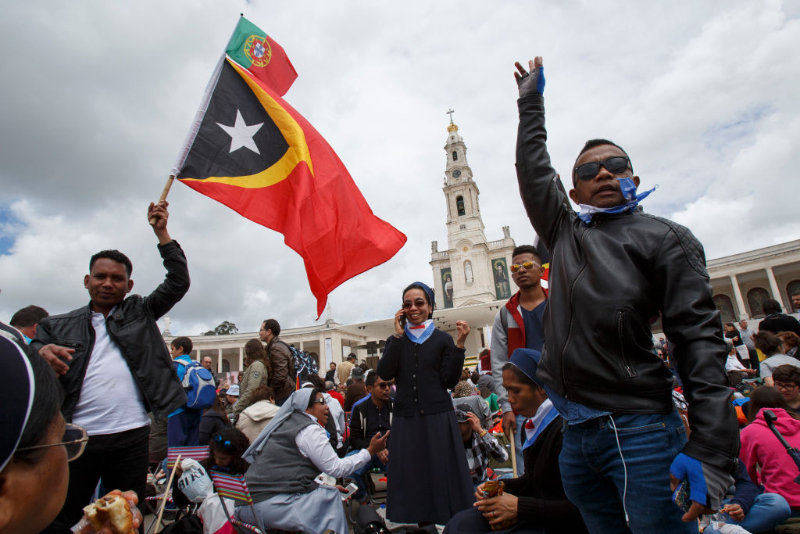
RELIGION
While the church in East Timor has its hands full serving its large membership, a big challenge is to work out what its role should be in post-war Timor. Rather than entrench its comfortable status quo, Cardinal Virgilio, educated in the Philippines and from an order skilled in youth education, must ensure that the church’s new status is used to move it towards the model advocated by Pope Francis.
READ MORE 
-
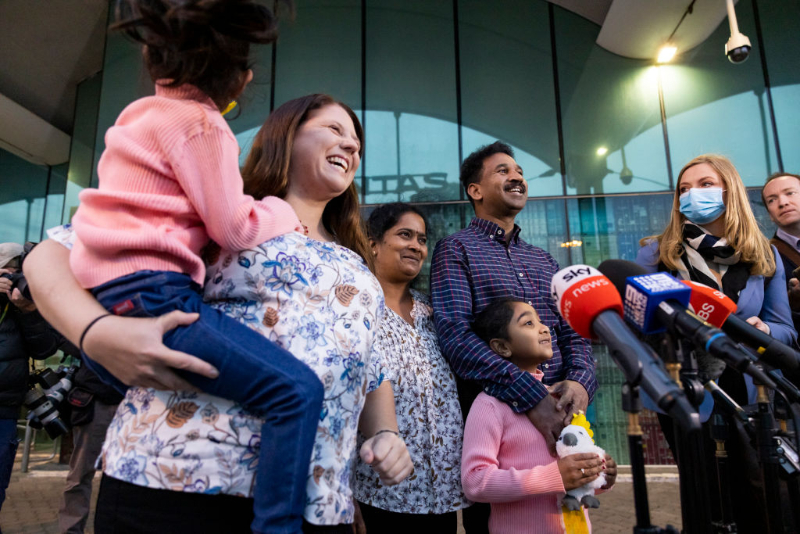
AUSTRALIA
- Binoy Kampmark
- 09 June 2022
9 Comments
In Australia’s treatment of refugees and asylum seekers, notably those arriving by boat, compassion and fairness have rarely threatened a policy deemed cruel, costly and ineffective. The fate of the Muragappan family has been a continuous, scandalising flashpoint about the nature of Australia’s border protection policies.
READ MORE 
-
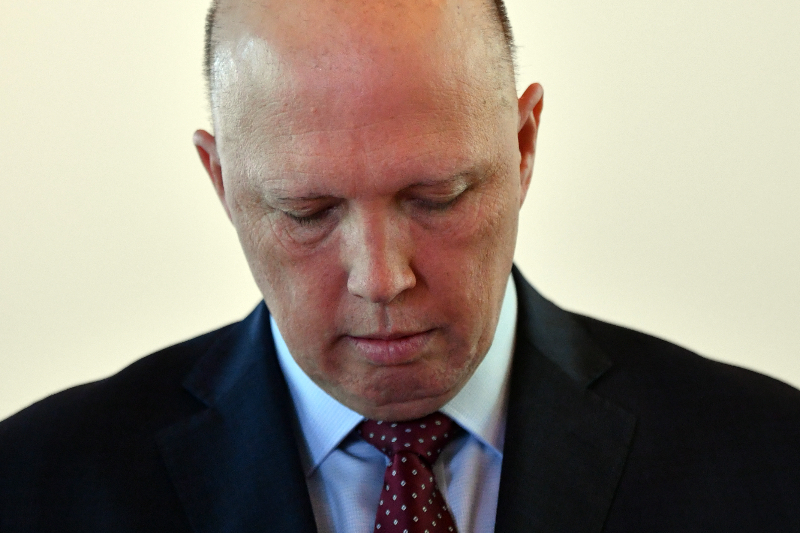
AUSTRALIA
- Andrew Hamilton
- 08 June 2022
4 Comments
In his initial speech as leader of the Liberal Party Peter Dutton committed himself to care for the forgotten voters, echoing a foundation document of the Liberal Party: Robert Menzies’ speech after an electoral defeat in 1942 refers to forgotten people to point the way forward for the new party. The phrase was central to a re-imagining of Australian society.
READ MORE 